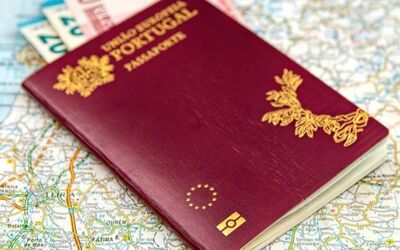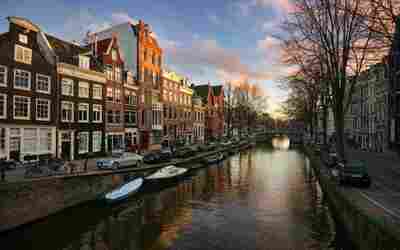In recent years, an increasing number of countries have begun offering visas specifically designed for digital nomads. With the rise of remote work and the global pandemic shifting the way we work, countries such as Portugal, Spain, and Croatia have recognized the potential economic benefits of attracting remote workers, freelancers, and digital nomads to their shores.
These new visas have sparked interest and confusion amongst individuals who may not necessarily identify as digital nomads but who still work remotely. It is important to note that these visas are not solely for digital nomads, but rather for anyone who can work remotely and generate income from outside the country they are applying for.
As more countries continue to offer these visas, it is important to understand the differences between digital nomads, remote workers, and freelancers and to determine which type of visa best suits your individual needs and preferences. Let’s figure it out.
What is the difference?
The main point here is that all digital nomads are remote workers but not all remote workers are digital nomads. How so?
A digital nomad is a person who performs their job primarily using mobile technology, which allows them location independence. They change locations routinely, often living outside of their home province or state for long periods. In contrast, remote workers stay in a single location but work remotely. This makes all digital nomads remote workers, but not vice versa.
Digital nomads use mobile technology to have location independence and change their location frequently. Remote workers stay in a single location but work remotely
Freelancers are individuals who sell their services by the hour, day, month, or project to multiple clients rather than working full-time for a single company. As of the beginning of 2023, 78% of companies worldwide use freelancers. They may work from home, a coffee shop, or any location that suits them. Freelancers can be both remote workers and digital nomads, as they can perform their work from anywhere, and have the freedom to change locations regularly.
The distinction between digital nomads and remote workers is in their lifestyle. On the other hand, being a freelancer is a mode of employment, not a lifestyle.
Read also: Investing in a fund in Portugal | Everything you need to know before making a decision
Does it mean I can apply for digital nomad visas while not being a nomad?
In general, yes. Digital nomads often change places and therefore face specific challenges such as figuring out visas, taxes, accommodation booking, and cultural and language barriers. Visas for digital nomads are primarily aimed at making it easier for them to obtain legal status in the host country, they are processed quite quickly and that’s why they are named like this. Remote workers can enjoy a more stable lifestyle, but that doesn’t mean they can’t benefit from the same visas.
The possibility to apply depends on your income source and your ability to work remotely, and not on your lifestyle. To be eligible for the digital nomad visas your income has to be generated from abroad. You can make income as a freelancer or corporate worker, or business owner – it doesn’t matter as long as it comes from a country different from the one you are applying the visa for.
Digital nomad visas are actually visas for remote workers who have the flexibility to work from anywhere, rather than visas specifically for digital nomads
The focus is on attracting talented professionals who can contribute to the local economy and culture while enjoying the freedom and flexibility of remote work. So, while digital nomads may have been the original target for these visas, they are in fact available to a wide range of remote workers and freelancers who meet the specific requirements set by each country.
The rise of digital nomad visas marks a new era in global work and travel, providing individuals with more flexibility and freedom in choosing where and how they work.








